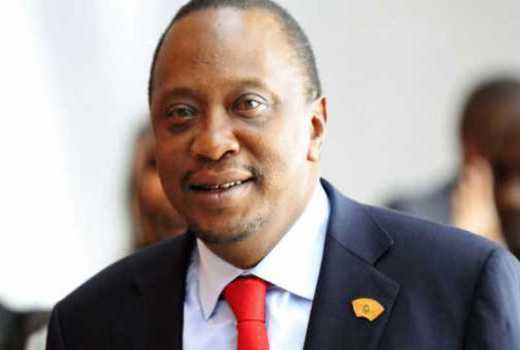×
The Standard e-Paper
Stay Informed, Even Offline

President Uhuru Kenyatta’s regime must see to it that policies that are being passed are those that will spur economic growth, and at the same time preserve the sovereignty of the State.
Debate on how the country is managing its debt level, trimming the wage bill and putting into good use borrowed and tax money is healthy and should get policymakers thinking.